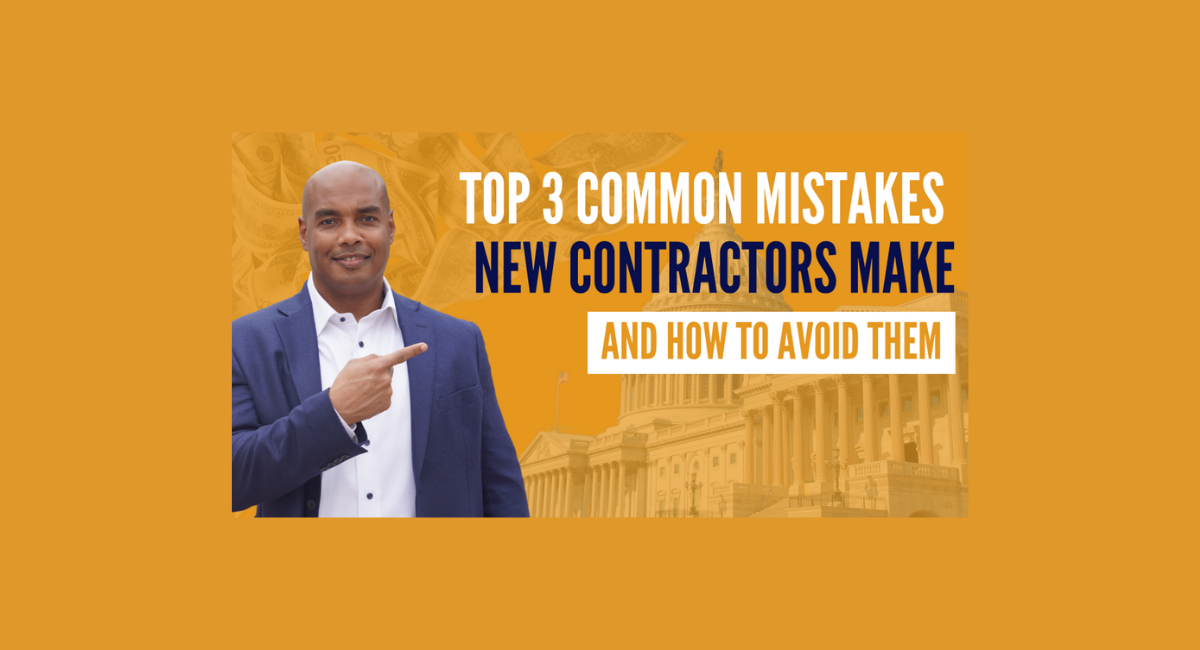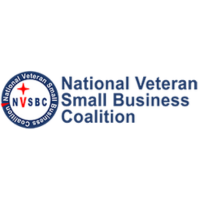
Top Three Common Mistakes New Contractors Often Make and How to Avoid Them
By: Eric Coffie | Founder & CEO of GovCon Giants
Navigating the world of government contracting can be a formidable challenge, especially for newcomers. With its complex regulations and competitive landscape, it’s easy to make mistakes that could derail your efforts. If you’re new to this arena, understanding and avoiding common pitfalls can set you up for success. Here are the top three common mistakes new contractors often make and strategies to avoid them.
1. Neglecting the Importance of Compliance
Mistake: Many new contractors underestimate the critical nature of compliance with federal regulations and contract requirements. They may overlook specific clauses in the contract, fail to adhere to reporting requirements, or miss deadlines, which can lead to penalties or even termination of the contract.
How to Avoid It: Make compliance a cornerstone of your contracting strategy. Familiarize yourself with the Federal Acquisition Regulation (FAR) and any agency-specific regulations. Invest time in understanding contract clauses and requirements before signing. Establish robust internal controls and processes to ensure adherence. Consider hiring a compliance specialist or consultant to guide you through the complexities of government regulations.
2. Underestimating the Bidding Process
Mistake: New contractors often misjudge the effort and resources required to prepare a competitive bid. This might include underestimating the time needed to gather documentation, perform cost estimates, or prepare a compelling proposal. As a result, their bids might be incomplete or lack the competitive edge necessary to win contracts.
How to Avoid It: Approach the bidding process with thorough preparation. Develop a detailed proposal plan that includes all necessary documentation, cost estimates, and technical proposals. Use past performance data and industry benchmarks to inform your bid. Don’t hesitate to seek advice from experienced professionals or partners to refine your proposal. Also, consider attending training workshops or seminars focused on government contracting to enhance your bidding skills.
3. Ignoring the Need for Effective Networking
Mistake: Many new contractors underestimate the power of networking in government contracting. They may focus solely on the technical aspects of their work and neglect the importance of building relationships with key stakeholders, such as contracting officers, agency representatives, and other contractors.
How to Avoid It: Invest time in building and nurturing relationships within the government contracting community. Attend industry events, conferences, and networking sessions to connect with potential partners and clients. Join relevant industry associations and participate in online forums and discussions. Building a strong network can provide valuable insights, open doors to new opportunities, and help you navigate the complexities of government contracting more effectively.
Entering the government contracting arena can be a rewarding endeavor, but it requires careful planning and attention to detail. By avoiding these common mistakes—neglecting compliance, underestimating the bidding process, and ignoring the power of networking—you can enhance your chances of success and establish a strong foothold in this competitive field.
Remember, every mistake is a learning opportunity. Stay informed, adapt your strategies, and continuously seek improvement. With diligence and the right approach, you can turn your government contracting venture into a successful and sustainable business.
To further avoid these pitfalls and set yourself up for success, you might want to check outan opportunity to connect with top professionals and industry leaders who have navigated these challenges and can share real experiences and insights.
About GovCon Giants
GovCon Giants is an innovation-focused organization, creating an inclusive ecosystem for government contractors. As the Founder & CEO, Eric Coffie’s goal is to support the success of diverse U.S. innovators through sharing information, providing access to resources, and developing community. Explore their resources:
 info@encore-funding.com
info@encore-funding.com 216-998-9900
216-998-9900



